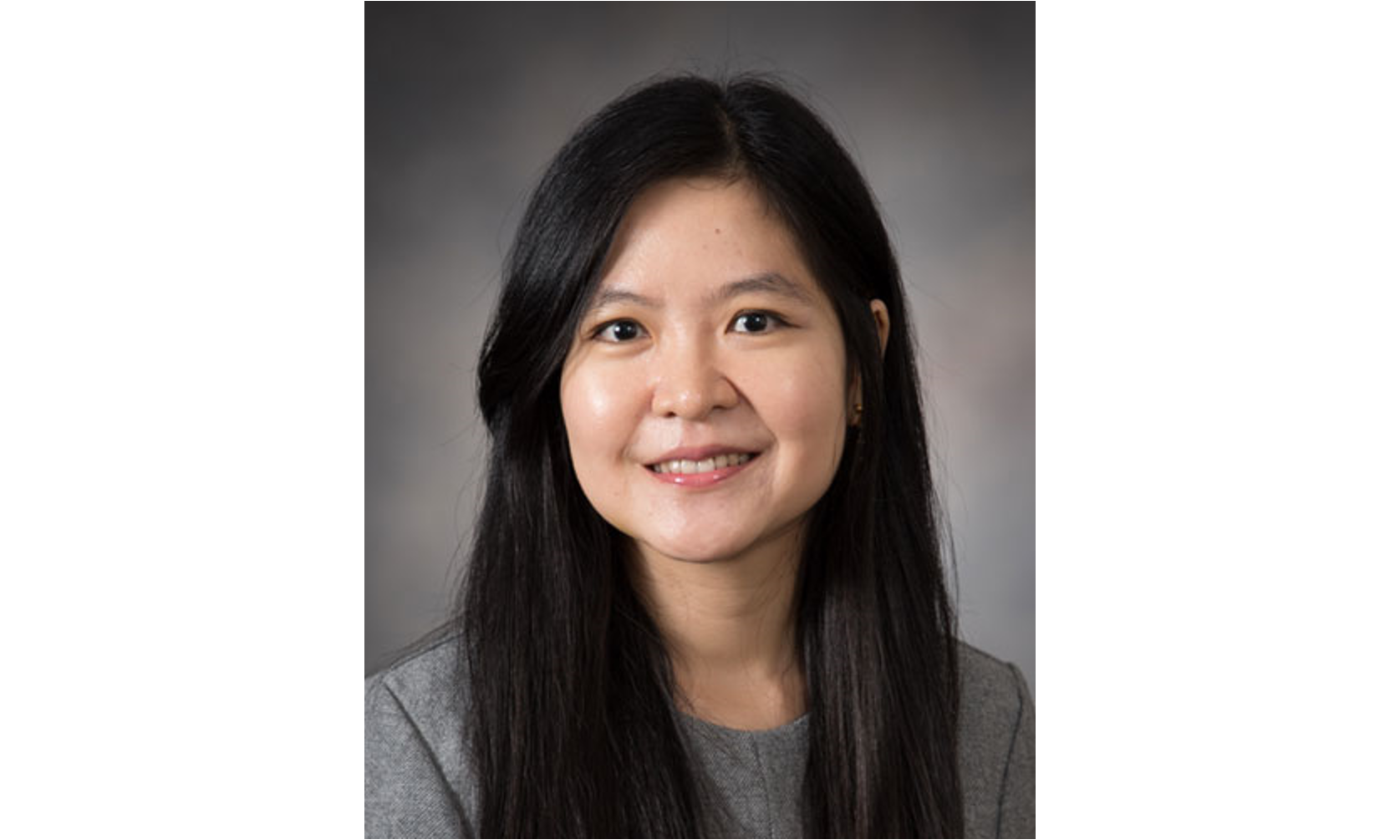UK Clinical Trial Aims to Understand Role of Cannabinoids in Prostate Cancer Treatment
Cannabinoids have been widely used in medicines to control pain, nausea, and vomiting and to stimulate appetite, especially in cancer patients. As it is through effective research that we are able to understand and advance new options, the UK College of Medicine and Markey Cancer Center faculty are now looking to understand if there is a role for Cannabinoids in the treatment of a deadly cancer in men, prostate cancer.
Researchers recently launched a clinical trial to study the safety and effectiveness of an FDA-approved Cannabidiol (CBD) agent, Epidiolex, specifically for patients with prostate cancer who have rising prostate-specific antigen (PSA) levels after localized therapy with either surgery or radiation. The study aims to learn if Epidiolex is safe for elderly men with prostate cancer, if there is any benefit to treating prostate cancer through the decrease of PSA and testosterone levels, and if it could lead to any improvement in quality of life.
“Ongoing investigation and development of non-hormonal therapy in these populations is an unmet medical need,” Zin Myint, MD, assistant professor of medicine, said.
Early-stage prostate cancers are typically managed through active surveillance, radiation therapy, or removing the prostate and surrounding lymph nodes. However, the disease might relapse in the form of biochemical recurrence, and PSA levels might rise after local therapy.
The treatment for biochemical recurrence can be complicated. While androgen-deprivation therapy is effective, side effects such as sleep disturbance, hot flashes, mood swings, and breast enlargement and tenderness can cause a decline in quality of life. With this therapy also comes an increased risk of cardiovascular-related deaths.
“Prostate cancer is challenging to treat because there is no clear consensus on the guideline when to begin androgen deprivation therapy and the optimal duration of therapy in men with biochemical recurrence, especially for patients who develop a PSA rise with a doubling time greater than 12 months,” Dr. Myint said. “That’s why we’re thrilled to begin this study and see if we can find a solution for these patients.”
Epidiolex is formulated from extracts prepared from Cannabis sativa L. plants that have a defined chemical profile and consistent levels of CBD as the principal phytocannabinoid. Extracts from these plants are processed to yield pure CBD (greater than 95%) that typically contains less than 0.5% tetrahydrocannabinol (THC.)
Patients who meet the criteria for the College of Medicine’s and Markey Cancer Center’s clinical trial will be treated with Epidiolex for three months, and their PSA and testosterone levels will be monitored clinically every 28 days. If the study shows promising outcomes, the group’s next goal is to assess a larger patient population.
Team members of the clinical trial include Dr. Myint, along with William St. Clair, MD, PhD; Stephen Strup, MD; Peng Wang, MD, PhD; Andrew James, MD; Donglin Yan, PhD; Derek Allison, MD; and Jill Kolesar, PharmD. This study is supported by the UK College of Medicine and a Cancer Center Support Grant.
“This is one of the many examples of research and clinical trials across the College of Medicine that can have a positive impact to patient care and potentially enhance the standards of care in relation to prostate cancer,” said Robert S. DiPaola, dean of the UK College of Medicine.
This clinical trial focuses on treatment for cancer, which is a disease named one of the six research priority areas from the University of Kentucky’s Vice President for Research selected by funding strength, scholarly activity, and relevance to the Commonwealth.
